

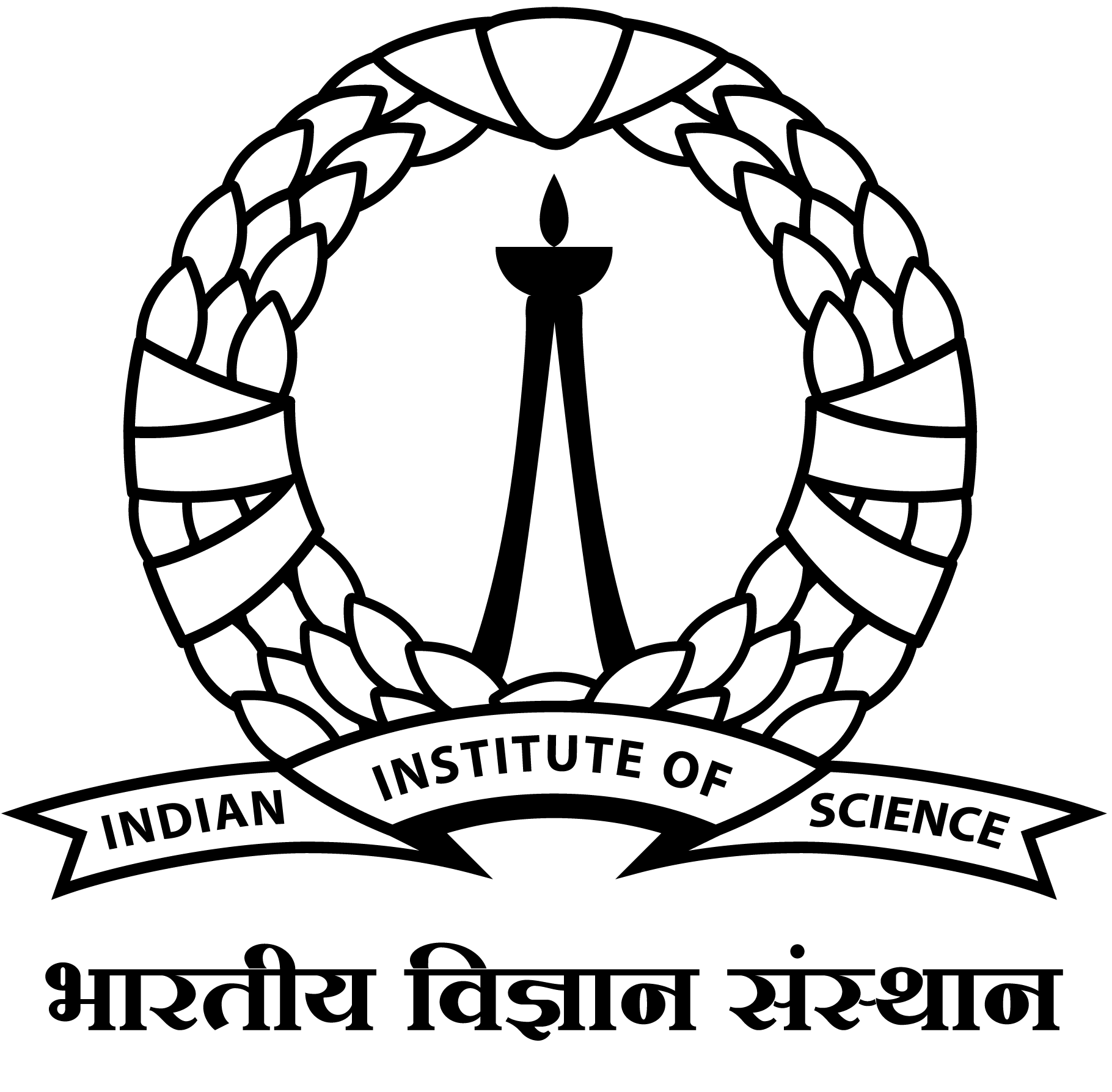
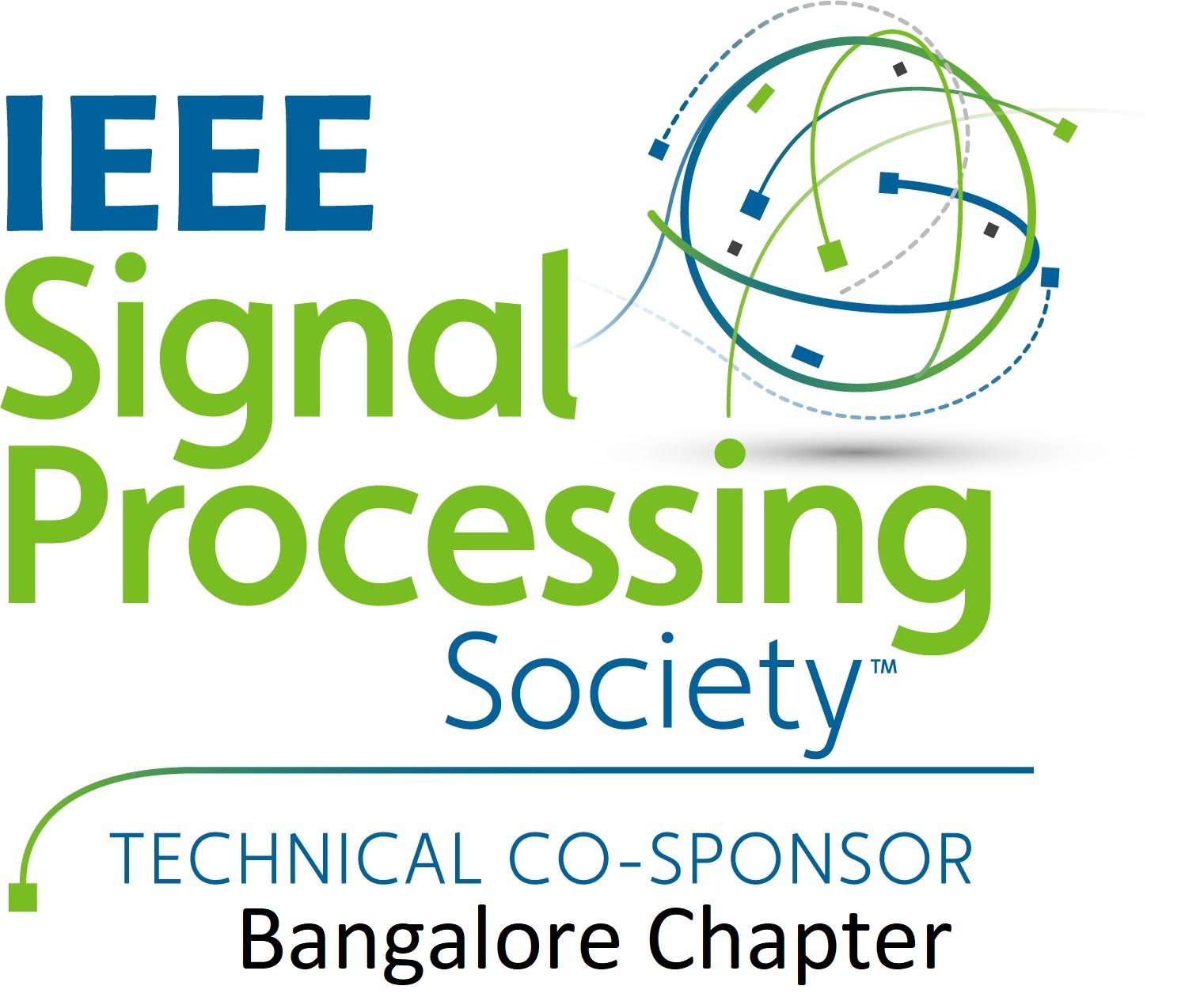


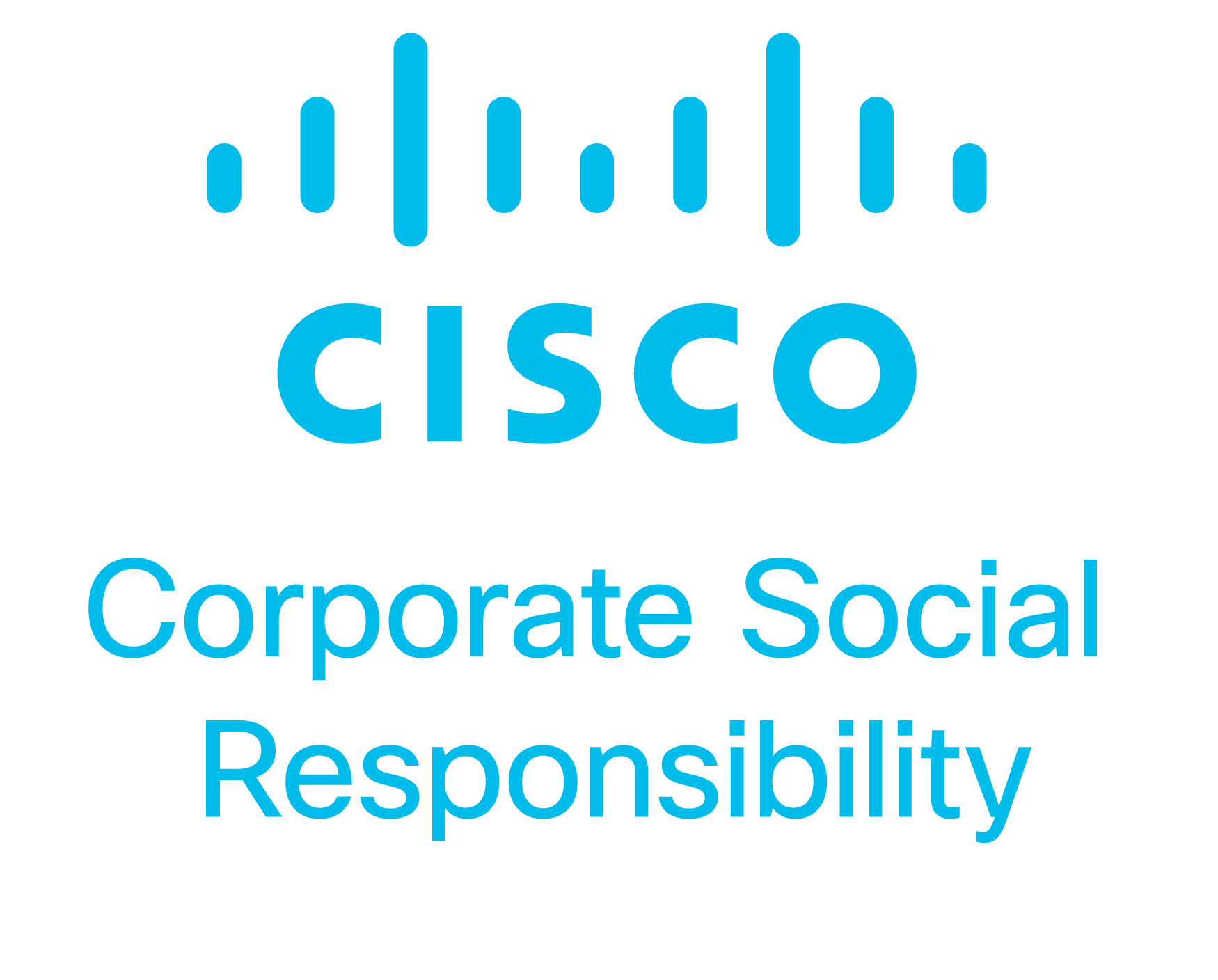
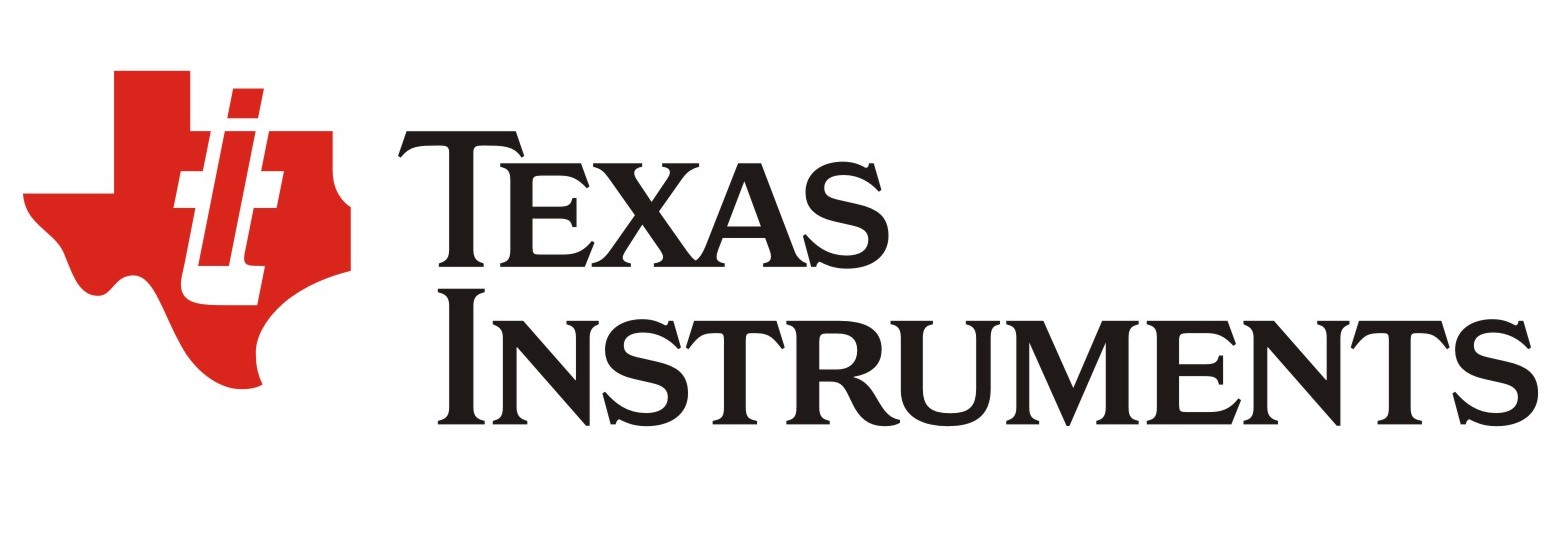

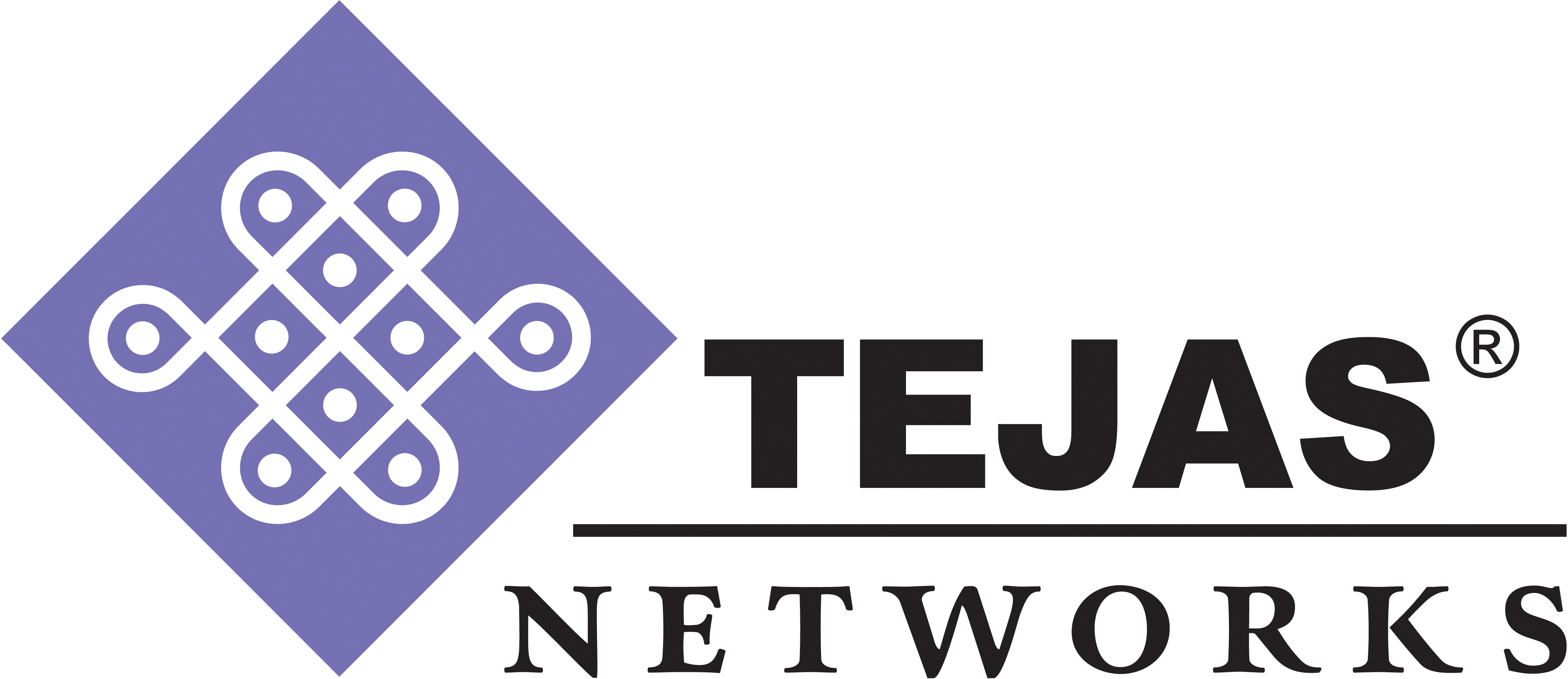


Dear members of the SPCOM fraternity,
Greetings!
SPCOM 1993 was my first experience of organizing an international conference with Prof V U Reddy and Prof T V Sreenivas. It was an enlightening personal experience which has guided me while being part of many professional activities over the years. The growth of SPCOM editions over the years has been wonderful as the conference series has now established itself as one of the top-notch events attracting high quality papers. The expansion of the organizing teams beyond ECE and IISc have been refreshing developments to build a strong base of Signal Processing and Communications researchers in the country. SPCOM 2020 would be the first completely virtual edition of SPCOM and it heralds the beginning of a paradigm shift in organizing future events. I wish the organizers of SPCOM 2020 the very best and thank them for providing an opportunity to share my thoughts.
Warm regards
K. V. S. Hari
ECE, IISc

K. V. S. Hari (FIEEE, FNAE) is with the Department of ECE, IISc since 1992 and conducts research in the area of Signal Processing. He has been a visiting faculty at Stanford University, KTH, Stockholm and is currently the VP-Membership of IEEE Signal Processing Society.
The first National Conference on Signal Processing and Communications (SPCOM) in 1990 emerged out of the passion and untiring efforts of Profs. V. Umapathi Reddy and Anurag Kumar to provide a forum to the growing community of Indian researchers to meet and discuss their work. This duo and their enthusiastic band of supporters left no stone unturned to ensure that the event held in the Faculty Hall of IISc was a memorable one. The key to this success was their ability to attract papers of high quality from within and outside India, and the gracious hospitality provided to all participants in the event. Little wonder then, that there was a loud clamour for an encore. The next conference in the SPCOM series was bigger and better, and within a span of a few years it became established as a go-to event that the SPCOM community looked forward to. A laudable feature of these events was that the unspent balance of funds was utilized for awarding travel grants to students to help them attend international conferences. SPCOM duly became an International Conference in 2004, and continued to grow steadily from strength to strength. As the baton passes to the next generation of organizers, their passion and attention to details remain undiminished. I wish SPCOM 2020 a roaring success.
G. V. Anand

G. V. Anand received his PhD from Indian Institute of Science (IISc) in 1970. During 1969 to 2006, he held various positions at IISc including Professor and Chairman, Department of Electrical Communication Engineering, and Dean, Faculty of Engineering. Since 2007, he is a Visiting Professor at PES University, Bangalore. He held visiting positions at University College, London, UK, University of Angers, France, Naval Physical and Oceanographic Laboratory (NPOL), Kochi, India, Cankaya University, Ankara, Turkey, and Nanyang Technological University, Singapore. His areas of research include signal processing, ocean acoustics, and nonlinear dynamics. He has over 140 peer-reviewed publications in refereed journals and international conferences. He has been the Principal Investigator of 24 sponsored research projects. He has served as an Associate Editor of Sadhana, Academy Proceedings of Engineering Sciences, published by the Indian Academy of Sciences during 2008-2011. He has served on several panels of the Naval Research Board and Laboratory Research Council of NPOL, Defense Research and Development Organization, India. He is a fellow of Indian Academy of Sciences, Indian National Academy of Engineering, Institution of Electronics and Telecommunication Engineers, and Acoustical Society of India.
It is amazing to realize that this is the 30th year of SPCOM. Professor V Umapathy Reddy started SPCOM in 1990, and was the driving force behind this series of conferences during its initial years. Besides participating in many editions of SPCOM in various capacities, I had the opportunity to organize the third and the fifth SPCOM, in 1995 and in 1999, jointly with Professor Reddy and with Professor T V Sreenivas, respectively. The SPCOM logo,

that survives till date, was first used in the third SPCOM in 1995, and was generated in TeX (there was no LaTeX then) by me. Any unease I had since the sinc pulse had been sampled non-uniformly (7 samples in the mainlobe but only 3 per sidelobe), however, evaporated when Professor P P Vaidyanathan talked about non-uniform sampling in SPCOM 1995!
It is a matter of pride that SPCOM, in its 30 years of journey with many a face at its helm, with birth and re-birth cycle, and with evolving formats including the current virtual edition, has always maintained a level of excellence. Here is wishing a fruitful and successful SPCOM 2020.
Anamitra Makur

Anamitra Makur, after completing his studies at the Indian Institute of Technology, Kharagpur, and then at the California Institute of Technology, Pasadena, was teaching at the Indian Institute of Science from 1990 to 2002. Since 2002, he has been teaching at the Nanyang Technological University, Singapore. His research interests include compressed sensing, multirate signal processing, signal/image/video compression, and image processing.
A conference series that has sustained over three decades and growing, is something we can be proud of, having grown up together. Around 1990 three of us joined as young faculty in ECE Dept of IISc, where there were already four senior faculty in Signal Processing, adding the count of SP faculty to seven. The signal processing strength at ECE spanned from Biomedical to Speech processing to Image processing, Geophysical signal processing to Underwater acoustics and of course much signal processing for Communication. This range was impressively wide and well accomplished. ECE always took pride in good research to which got added the intention to spread and share the culture of research through hosting of high quality conference at IISc in the area of signal processing; we were even indicated that it is part of being a good faculty member. So we evolved the SPCOM format to include day-long tutorials from international experts, double-blind reviewed papers, publication through reputed publisher (such as Xplore). The day long single author tutorials (unlike present day format) provided the much needed trigger and insight into current research topics authoritatively! ( The double blind review also threw up some unexpected situations such as a senior author paper getting border line score!) In the 90s the SP industry was also taking root around Bangalore, with significant system development activity. Hence we evolved to include Industry paper/product presentations also. Overall, we were happy that SPCOM quickly became a sought after conference for the local authors and also appreciated by the international experts.
It is interesting that the SPCOM experience gave us the confidence to successfully initiate the formation of the IEEE Signal Processing Society Bangalore Chapter in year 2000, with involvement from both local academic faculty and Industry experts. It is significant that already by the 90s we had the presence in Bangalore of Texas Instruments, Motorola, Analog Devices, Philips, IBM and the like along with Indian R&D organizations such as DRDO, ISRO, involved in major SP system development activity. So, it was a fertile ground that we sowed the seeds of SPCOM, to be also hosted by the IEEE SP Bangalore Chapter, which is flourishing well even until today. Several more conference series started after the SPCOM, such as our own NCC, but SPCOM has retained its distinctive foot print.
Through SPCOM experience, we learnt some serious lessons of research pedagogy, different from "research and pedagogy", We expanded the idea of tutorials by international experts into a more focused yearly winter school series, WiSSAP (Winter school on speech/audio processing) started in 2005 and going strong towards the 16th edition soon! (IEEE's seasonal schools concept started more recently)
In this era of expensive international conferences and expensive travel, SPCOM is playing an important role to cater to the needs of the expanding local research community. I wish it even more success through even more innovative means.
Wishing all the best,
Prof. T.V. Sreenivas

Thippur Sreenivas graduated from UVCE, Bangalore and M.E. from ECE, Indian Institute of Science, PhD from Tata Institute of Fundamental Research, Bombay. The professional career started with a stint at LRDE, Bangalore, visiting faculty position at Marquette Univ, Milwaukee, USA and Norwegian Institute of Technology (NTNU), Trondheim, Norway and rejoined ECE, Indian Institute of Science as Asst Professor in 1990. Through a happy, proud, full academic career at IISc, involving research, teaching, projects, entrepreneurship, and visiting faculty positions at various Univs abroad, presently retired and continuing independent research/teaching.
I attended my first SPCOM in 2004 when I was pursuing M.Tech at IISc. It was my first experience of attending an international conference and it had a long lasting impact. I had also volunteered for SPCOM 2010, where I had a chance to interact with several researchers from India and abroad. It was a truly rewarding experience and my special thanks to Prof. Vijay Kumar.

This is one of the memorable pictures from SPCOM 2004. From left to right are Prof. Chandra Sekhar Seelamantula, Dr. Kota Murali, Sandeep Rathour and A. G. Krishna. Chandra and myself were both students of ECE department at that time. Incidentally, both of us are in the organizing committee of SPCOM 2020, Krishna is an invited speaker in the Industry Track, and it’s amazing to work together, even more in these challenging times. On the occasion of the 30th year of SPCOM, I would like to remark that SPCOM has come really a long way and it has been a fantastic journey. For the first time, SPCOM is going to be held in virtual mode and the organizing committee have been working very hard to ensure that the transition is smooth. I sincerely thank the whole team for their commendable efforts and my best wishes for making the virtual conference a success.
Lalitha Vadlamani received her B.E. degree in Electronics and Communication Engineering from the Osmania University, Hyderabad, in 2003 and her M.E. and Ph.D. degrees from the Indian Institute of Science (IISc), Bangalore, in 2005 and 2015 respectively. From May 2015, she is working as Assistant professor in IIIT Hyderabad, where she is affiliated to Signal Processing and Communications Research Center. Prior to joining IIIT Hyderabad, she worked as a research intern at Microsoft Research, Bangalore. Her research interests include coding for distributed storage and computing, index coding, polar codes and learning-based codes.